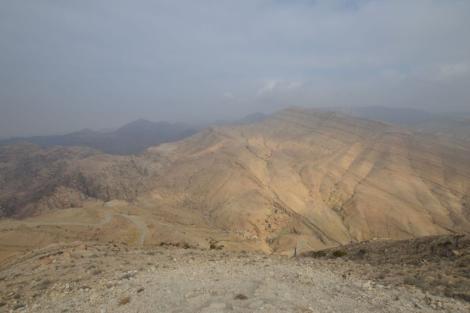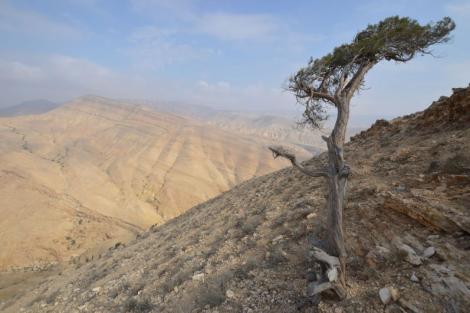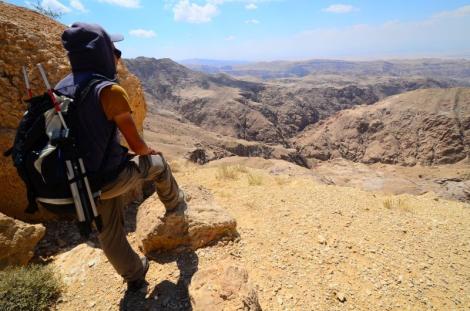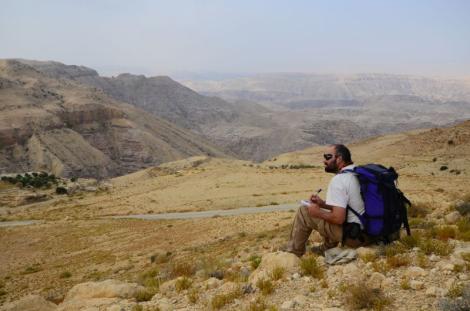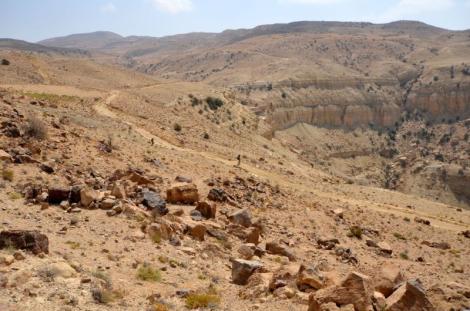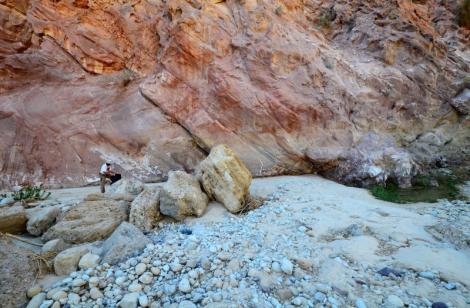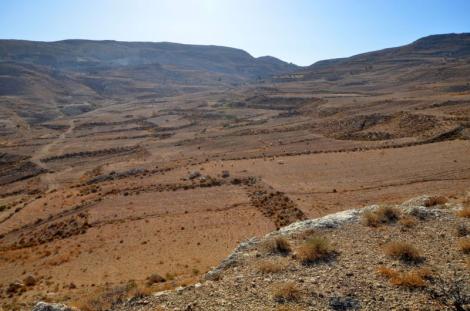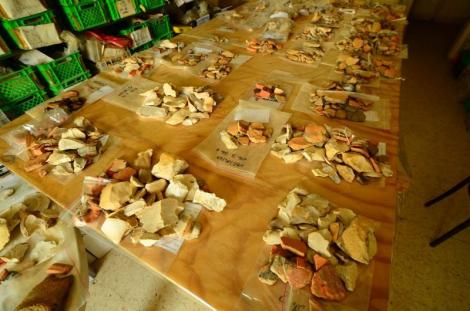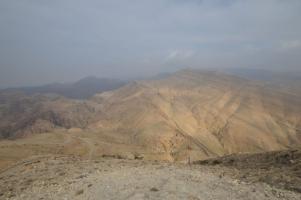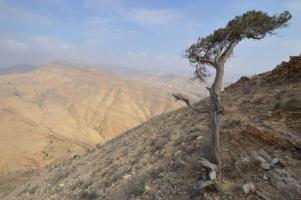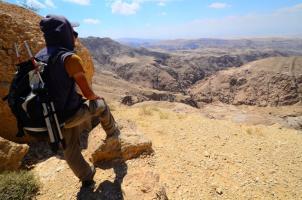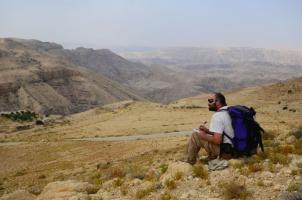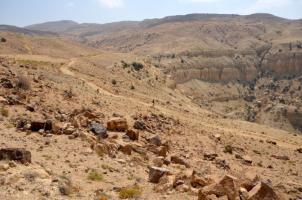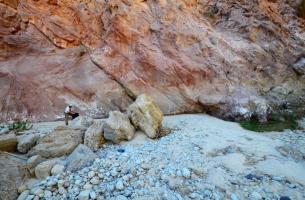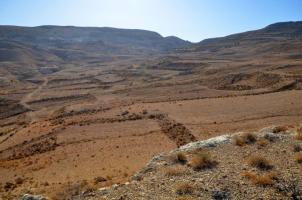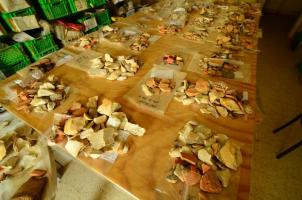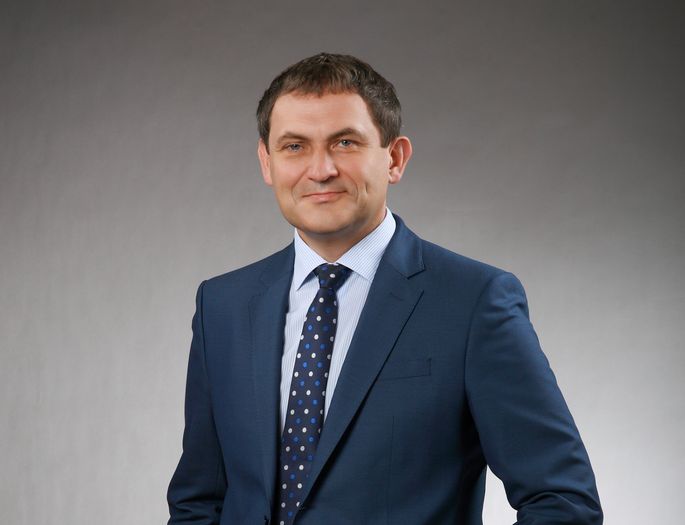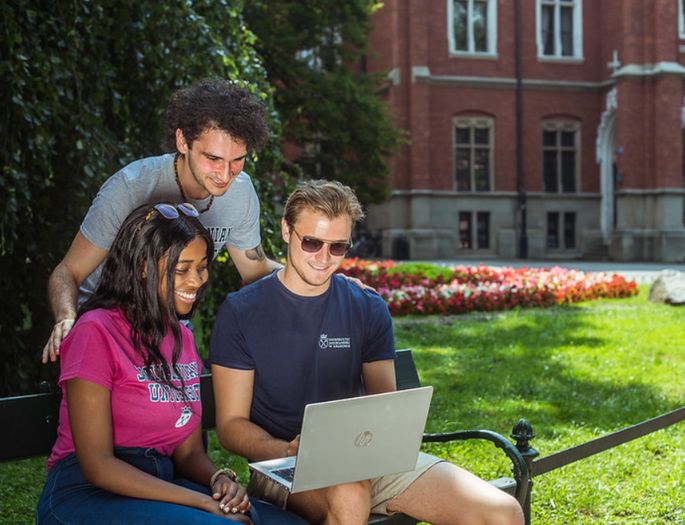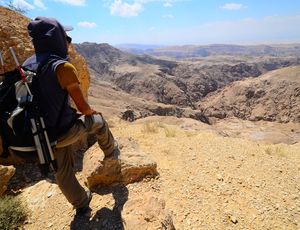
In the coming days, researchers from the JU Institute of Archaeology will start another season of excavations. This year, the team led by Dr Piotr Kołodziejczyk plans to take a closer look at the mountainous region near the city of At-Tafilah.
Kraków archaeologists have embarked upon a several years long project in order to comprehensively study the history of southern Jordan and its significance between 3700 and 1950 BCE. This period is particularly interesting, since it marked the birth of civilisation, the development of agriculture and craftsmanship, the blooming of trade, and the foundation of first cities.
‘In the previous years, we’ve conducted excavations at two sites – Faysaliyya and Munqata’a. The first one is an enormous settlement located in the desert. It contains stone walls surrounding a large animal pen, several rooms, and several Copper Age stone structures. The second site, nestled in a deep valley, is an extraordinary village from the Pottery Neolithic period, with impressive walls and a central building. We suspect it might have served as a chief’s house or some kind of early temple. Around the settlement, we’ve found a number of tools, such as grinders, quern-stones, arrowheads, and a lot of ceramic pots’, Dr Kołodziejczyk explained.
He added: ‘Munqata’a is the easternmost Jericho IX culture site discovered to date. One could say we’re preforming trailblazing research, as nobody has ever tried conducting excavations in this inaccessible part of Jordan before’.
This year, the archaeologists are planning to study the mountainous region surrounding At-Tafilah. Their work will span several sites selected during previous expeditions or found in Jordanian documentation. They also plan to perform an area frame survey of a few chosen places to see if they are worth a closer inspection in the future.
The JU Institute of Archaeology team plans to continue working on the data collected in the last few year that still remains unanalysed and undocumented. Additional paleobotanical research studies will be performed jointly with specialists from the Silesian University of Technology and Poznan Radiocarbon Laboratory in order to precisely determine the age of samples.
‘Like every year, we’ll closely monitor the state of archaeological heritage in the region due to environmental processes, particularly floods. Of course, there are also man-made changes. It’s secondary to our other objectives, but important nonetheless. We need to help the Jordanians protect their historical sites, because they are part of the world history’, Dr Kołodziejczyk said.
The project is funded by a grant from the National Science Centre for the years 2017–2021. Its participants include the staff and students of the JU Institute of Archaeology. They year, they will be joined by a representative of the Polish Centre for Mediterranean Archaeology in Warsaw, who will help promote the activities of Kraków researchers amongst the local community. There are plans to organise an exhibition, scientific conference, and a workshop with young people and students from the Zarqa University.


